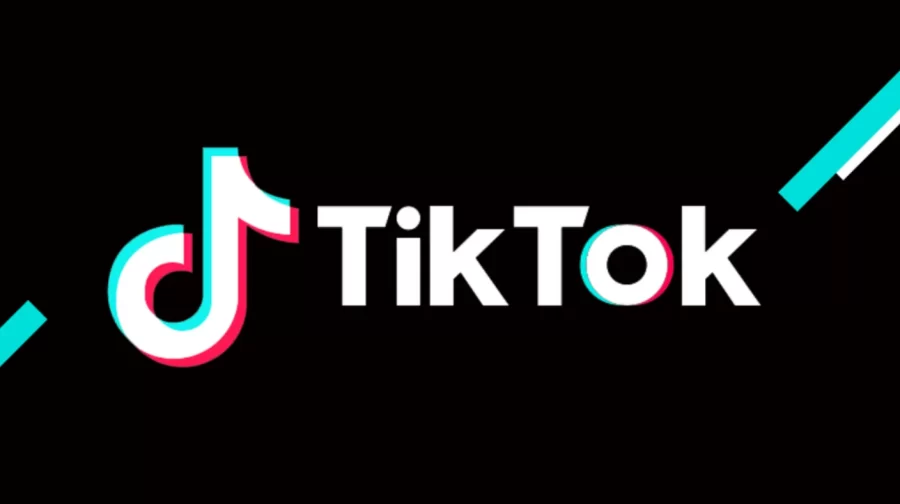TikTok: The App That Terrifies Politicians
TikTok drama expands further than stupid trends
The video-sharing app popular amongst teens, TikTok, has recently been under attack in congress.
April 18, 2023
It seems like every day there’s a new headline about TikTok. One day it’s a viral dance trend, and the next it’s the subject of political debate.
The popular video-sharing social media platform has recently come under fire as it faces potential and enforced bans in several countries, including the United States. But while governments cite security reasons as the primary justification for these bans – and while these reasons do hold some merit – it’s easy to see how underlying political motivations may drive these haste actions.
It is my belief that TikTok may be targeted due to its growing influence as a news source. With its massive user base and algorithm that promotes content based on user preferences, the app has become a reliable source of information for many people. TikTok has provided a platform to learn about events and news that mainstream media outlets may not cover or have downplayed – such as the recent Paris protests and the growing nationwide list of anti-LGBTQ legislation. The fear of this kind of information spreading among the masses (especially among the younger generations) could easily be a significant motivation for governments to consider banning the platform.
Additionally, Congress knows that TikTok’s user base is growing rapidly and includes many young people who are becoming of voting age. They are aware that young people have a significant impact on election outcomes, and the potential for these young people to be politically informed and mobilized through the platform is a real threat to their power.
Banning TikTok could also be rooted in the fear of China’s growing influence. The U.S. government has long been wary of China’s economic and political leverage, and the rise of Chinese tech companies such as TikTok and its parent company ByteDance only adds to this fear.
To ban TikTok would be sending a message to China that the U.S. will not tolerate its growing presence in the tech world. However, this move is not without consequences. This would not only harm the app’s users and creators, but it will also damage the U.S’s reputation as a beacon of free speech and innovation. Banning TikTok will set a dangerous precedent for other countries to follow, leading to the destruction of the internet as we know it and most likely splintering into respective nationalized versions.
And alas, it goes without saying that TikTok is not the only social media platform with glaringly obvious security concerns. Meta platforms such as Facebook and Instagram are also prominently known for harvesting user data. But of course, you don’t see Congress questioning Meta platforms about pupil dilation tracking and wifi connections.
Instead of banning platforms like TikTok, the U.S. government should focus on regulating and securing user data on all social media platforms, as this would provide users with the protection they deserve while also allowing for the free exchange of information. If the U.S. truly prioritizes the safety and security of its citizens like it so earnestly claims, then it is time to stop using fear and xenophobia as a tool to maintain power.














a student | Apr 28, 2023 at 1:04 pm
Hi. Nicely written article, however I have a few criticisms. When you say, “with [TikTok’s] massive user base and algorithm that promotes content based on user preferences, the app has become a reliable source of information for many people,” I feel that this is not true. The primary goal of any company is to make money; TikTok is a company, therefore this applies to them too. The algorithm itself is designed to hold user attention for as long as possible, whether it be via music, gaming, or content that caters towards one’s political affiliation. If one identifies with right wing politics, TikTok will feed them right wing politics, which could include Fox News (which is notorious for extremist views and misinformation), or other misinformation, so just because TikTok has a personalized algorithm doesn’t mean that what it feeds the users will be the truth. Next, while you are right that TikTok communicates news not talked about often as some groups would like, if users want to keep up with this news there are plenty of other platforms that aren’t Chinese owned and that don’t allow the spread of misinformation on their platform (like TikTok does). Also, while I do see your point about the Congresspeople being threatened by TikTok, it would make more sense for them to weaponize it themselves than go through the difficulty and debate of banning it. Next, you mention the U.S.’s beacon of free speech being encroached on, however, you have to weigh in the positives and negatives of the situation: you either take away a platform that is putting millions of people’s security in the United States at risk, or you take down a platform while taking away a minor medium of speech. You have to remember that banning TikTok isn’t making any changes to the 1st amendment; everyone you know, and yourself, is still entitled to the same expression of speech, religion, etc., it’s ultimately removing a single medium of speech online, not every single one. Twitter, Instagram, YouTube, and other social apps will still exist. This is not a deprival of all communication mediums. Just my two cents. Nicely written article.